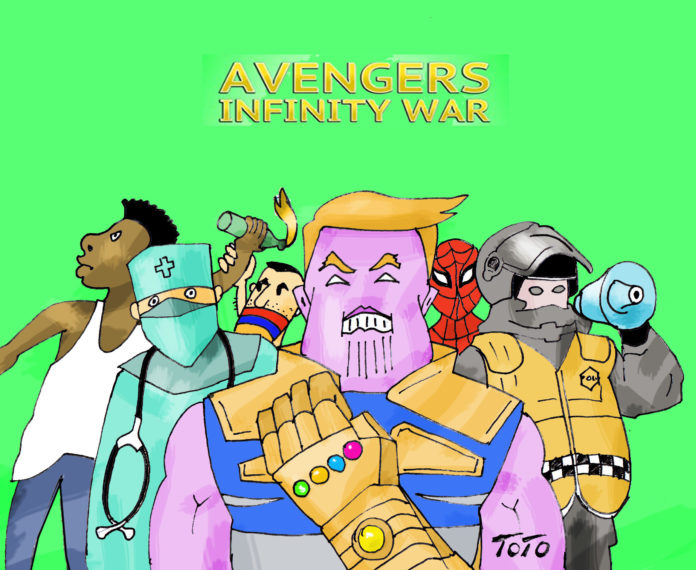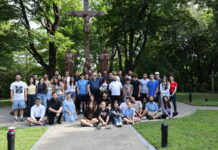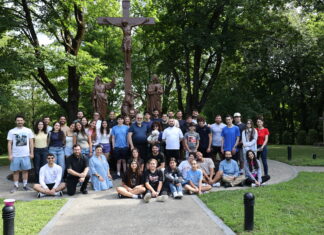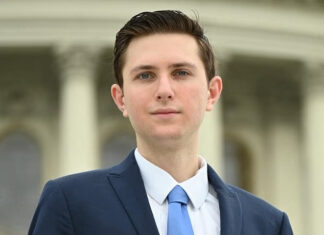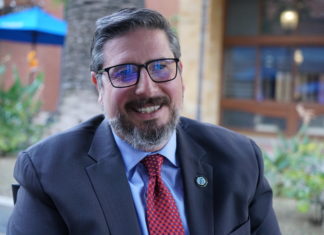The unnaturally quiet days of the pandemic lockdown came to a screeching halt with the murder of African-American George Floyd, who was choked to death while in police custody in Minneapolis. The disturbing video of the subduing and subsequent death was the last straw.
His death has triggered nationwide protests, looting, burning and more. Sadly, it was the last in a long line of incidents in the past decades. More often than not, police who have killed unarmed blacks have not been charged with committing a crime, or have not had to face punishments commensurate with their acts.
In this latest case, the policeman who was caught on video kneeling on Floyd’s neck, Derek Chauvin, was fired, then arrested and charged with third-degree murder. The arrest has not quelled the protestors who are asking for the arrest of the three other police officers witnessing Floyd’s ordeal without lifting a finger.
Demonstrations sprang immediately across the US, soon to also give way to looting in sever- al cities, which then imposed curfews.
The crowds have gathered in all thoroughfares of major cities with colorful slogans, such as “No Justice, No Peace,” “Black Lives Matter,” “We Can’t Breathe” and “Abolish Police,” etc.
The ubiquitous civil rights activist, Rev. Al Sharpton, showed up at a rally in Minneapolis and gave one of his trademark fiery speeches and reversed the words uttered by the dying George Floyd (“I can’t breathe”) and asked his fellow believers to start a movement called “We Can Breathe.” He also stated, “We are not looking for a favor; we want justice.”



